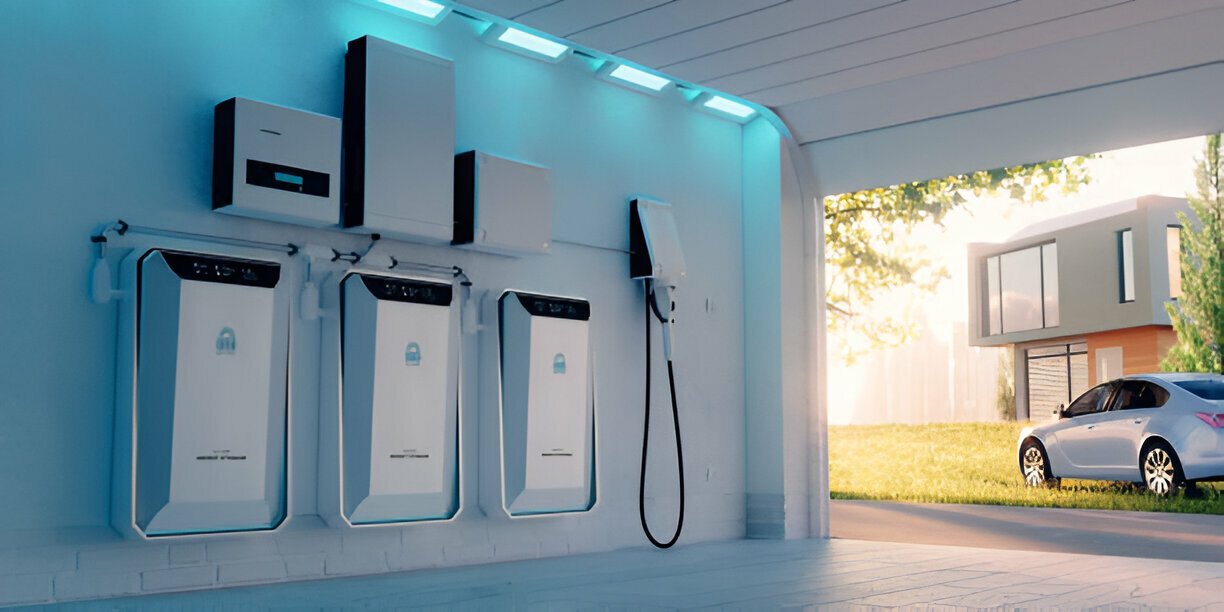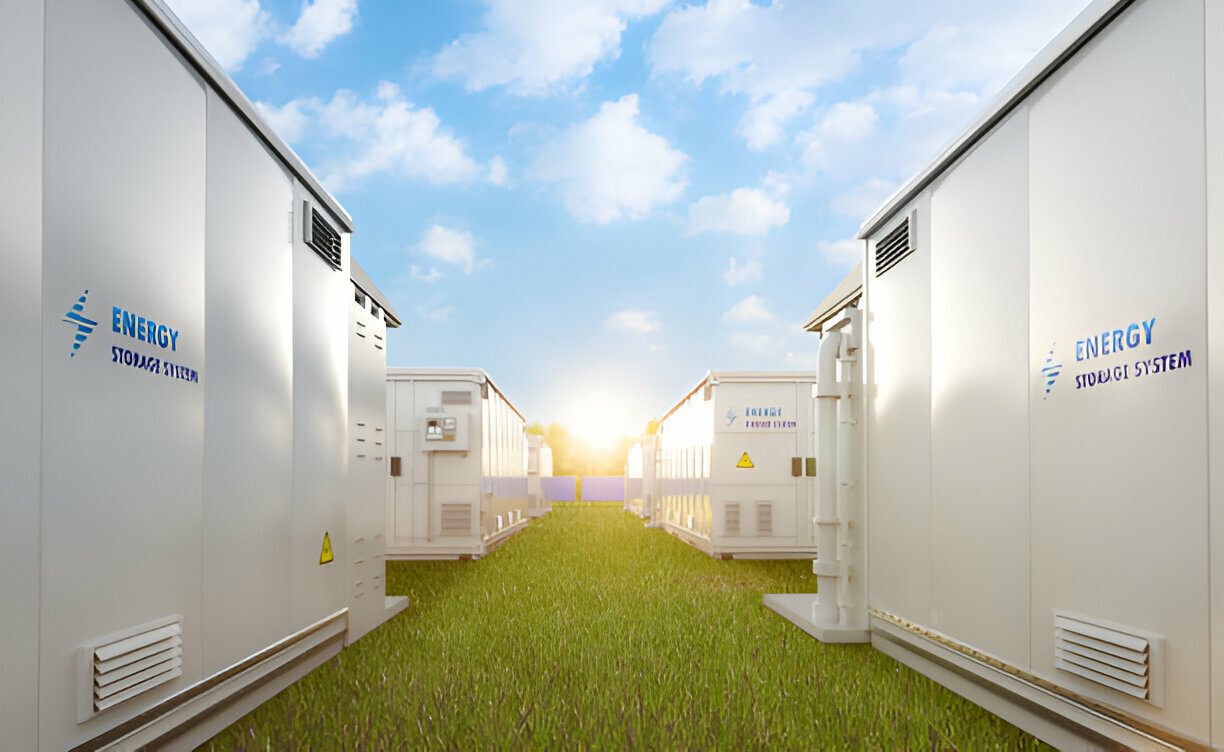Unlocking the Future of Power: Battery Energy Storage Systems (BESS)
In a world increasingly driven by renewable energy, the need for efficient energy storage has never been more critical. Enter Battery Energy Storage Systems (BESS), a transformative technology that is revolutionizing how we store, manage, and use electricity. Whether it’s stabilizing the grid, supporting renewable energy, or providing backup power during outages, BESS is paving the way for a cleaner and more resilient energy future.
What is a Battery Energy Storage System (BESS)?
A Battery Energy Storage System is an advanced technology that stores electrical energy in rechargeable batteries for later use. These systems are integrated into power grids, homes, businesses, and renewable energy installations to optimize energy usage, improve efficiency, and reduce dependence on fossil fuels.
How BESS Works
At its core, a BESS includes:
- Batteries: The primary storage medium, typically using lithium-ion, lead-acid, or emerging technologies like solid-state or flow batteries.
- Battery Management System (BMS): Monitors and controls the battery’s performance, ensuring safety and efficiency.
- Inverters: Convert the stored DC electricity into AC for use in homes and businesses.
- Control Systems: Enable intelligent operation, integrating the BESS with the grid or other energy sources.
When energy demand is low, the system stores surplus electricity, often generated by renewable sources like solar or wind. During peak demand or outages, the stored energy is released to provide a stable power supply.
Applications of BESS
- Grid Stability and Frequency Regulation
- BESS helps balance supply and demand on the power grid by responding quickly to fluctuations.
- It prevents outages and maintains a stable grid frequency.
- Renewable Energy Integration
- Solar and wind energy are intermittent by nature. BESS stores excess energy generated during sunny or windy periods and delivers it when needed, ensuring a consistent energy supply.
- Energy Cost Savings
- By storing energy during off-peak hours and using it during peak demand, businesses and households can reduce electricity costs significantly.
- Backup Power
- In regions prone to blackouts, BESS provides reliable backup power, ensuring critical systems stay operational.
- Electric Vehicle (EV) Charging
- BESS supports fast and efficient EV charging by reducing the load on the grid and utilizing stored energy.
Advantages of BESS
- Environmental Benefits: Reduces reliance on fossil fuels by supporting renewable energy sources.
- Scalability: Can be designed for small residential use or large-scale industrial applications.
- Quick Deployment: Responds to energy demands instantly, unlike traditional power plants.
- Energy Independence: Allows individuals and businesses to generate and store their own power, reducing grid reliance.
Challenges and Opportunities
- Cost:
- The upfront cost of BESS remains high, but ongoing advancements in technology are driving prices down.
- Government incentives and subsidies are making adoption more accessible.
- Recycling and Sustainability:
- Efficient recycling methods for batteries need to be developed to minimize environmental impact.
- New materials and technologies, like solid-state batteries, promise longer lifespans and reduced waste.
- Grid Integration:
- Seamlessly integrating BESS with existing infrastructure is a technical challenge, but modern control systems and AI-driven technologies are bridging the gap.
The Future of BESS
The global market for Battery Energy Storage Systems is booming, with projections estimating a growth rate of over 25% annually. This growth is fueled by:
- Increasing renewable energy installations.
- Electrification of transportation and industries.
- The urgent need for climate action and energy security.
Emerging technologies, such as artificial intelligence, blockchain, and bidirectional EV charging, are further enhancing the efficiency and capabilities of BESS, making it a cornerstone of the energy revolution.
Conclusion
Battery Energy Storage Systems are much more than just a tool for energy storage; they are a key enabler of a sustainable future. By supporting renewable energy, stabilizing power grids, and empowering individuals and businesses to take control of their energy use, BESS is transforming how we think about energy.
As we move toward a greener, more resilient world, BESS will play an essential role in ensuring a reliable and efficient energy future. Are you ready to embrace the power of BESS?
Let us know your thoughts or questions in the comments below!







